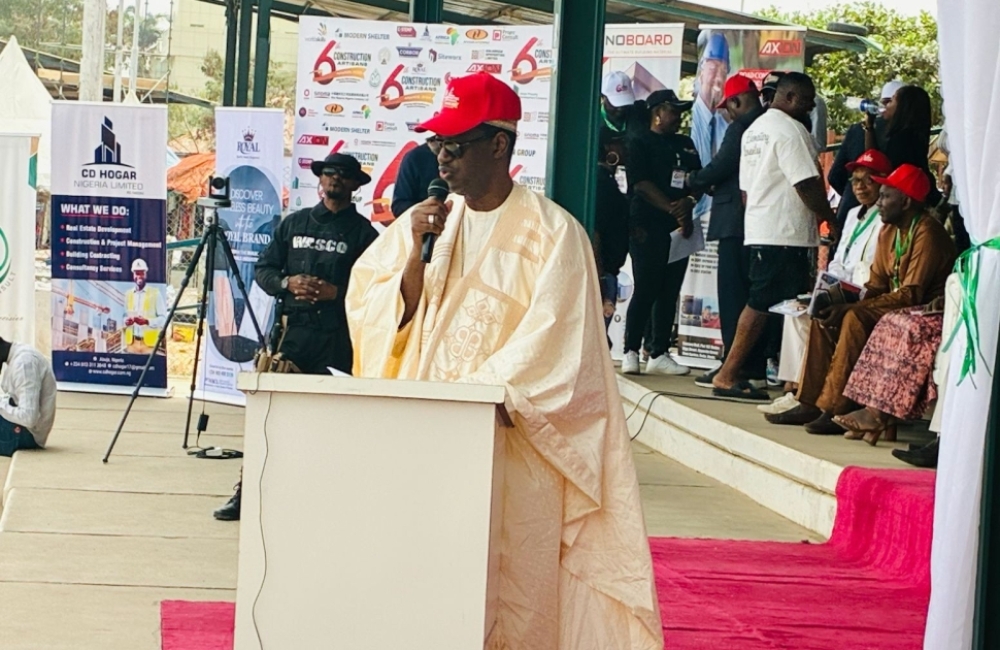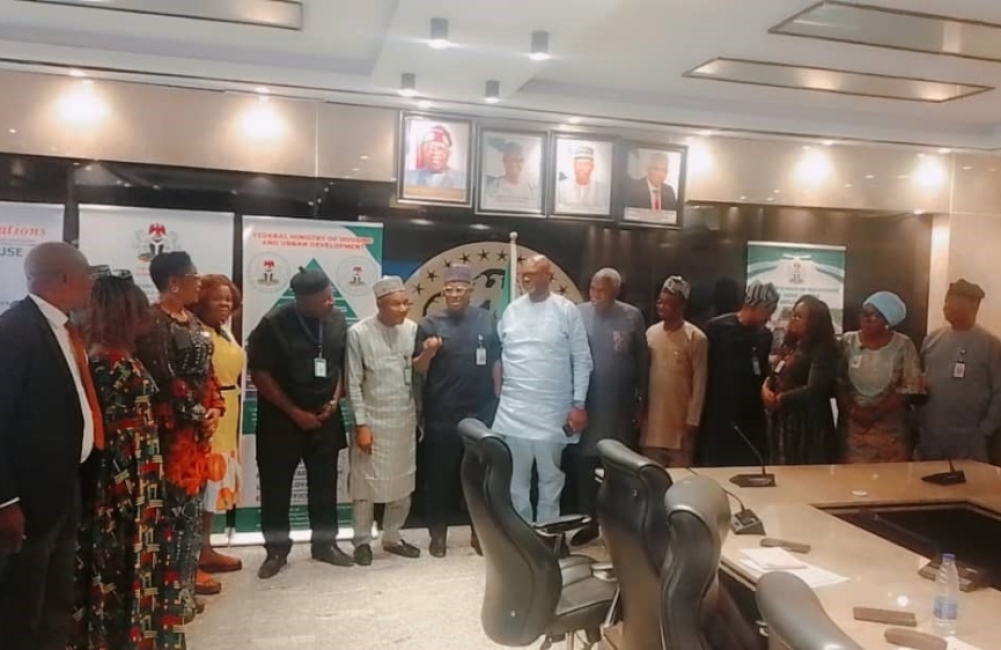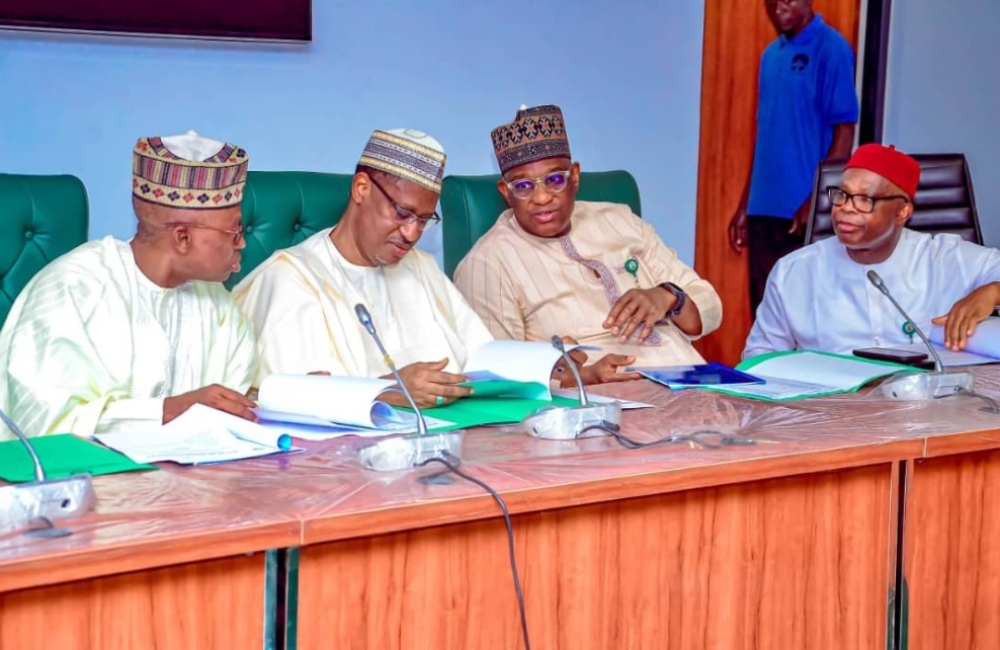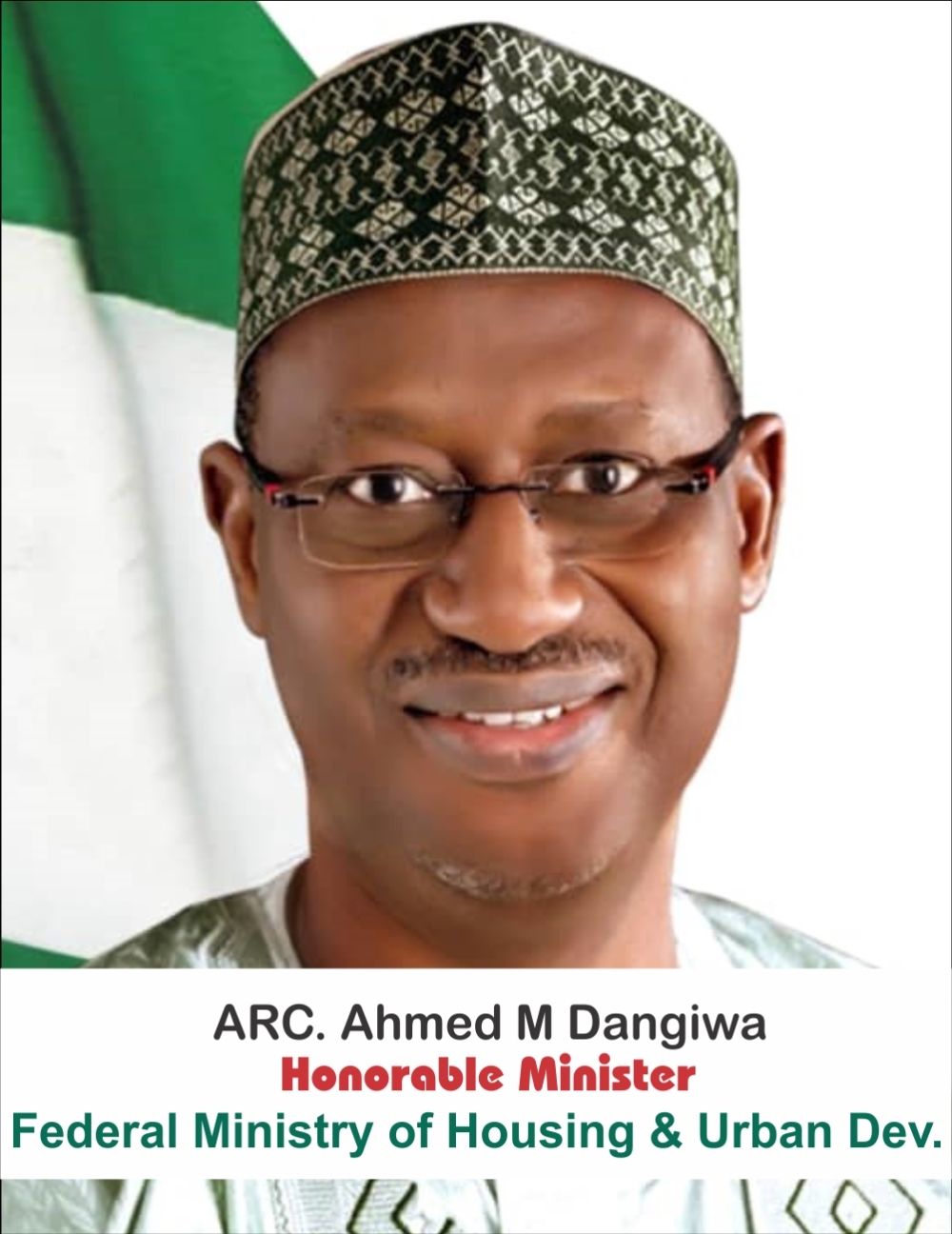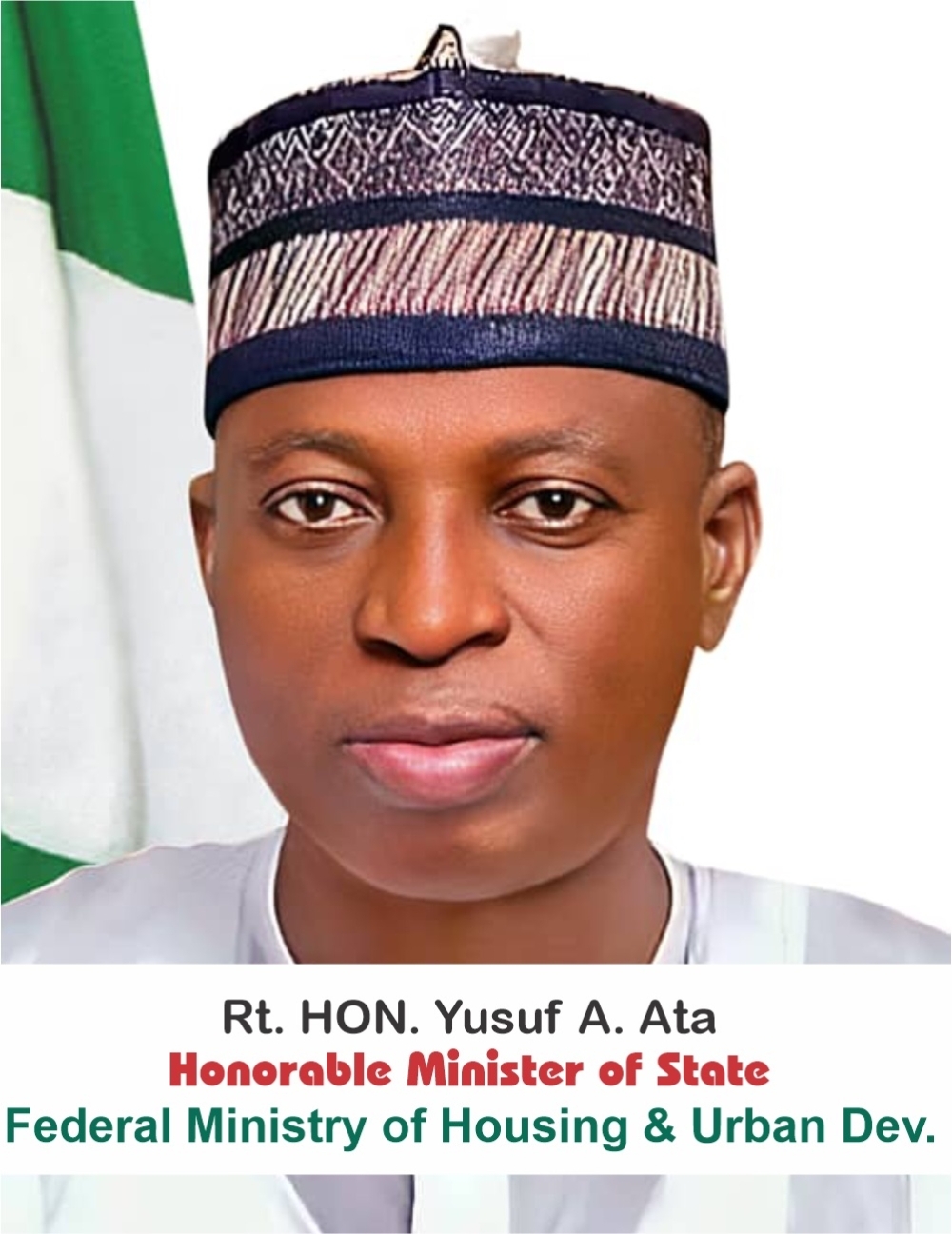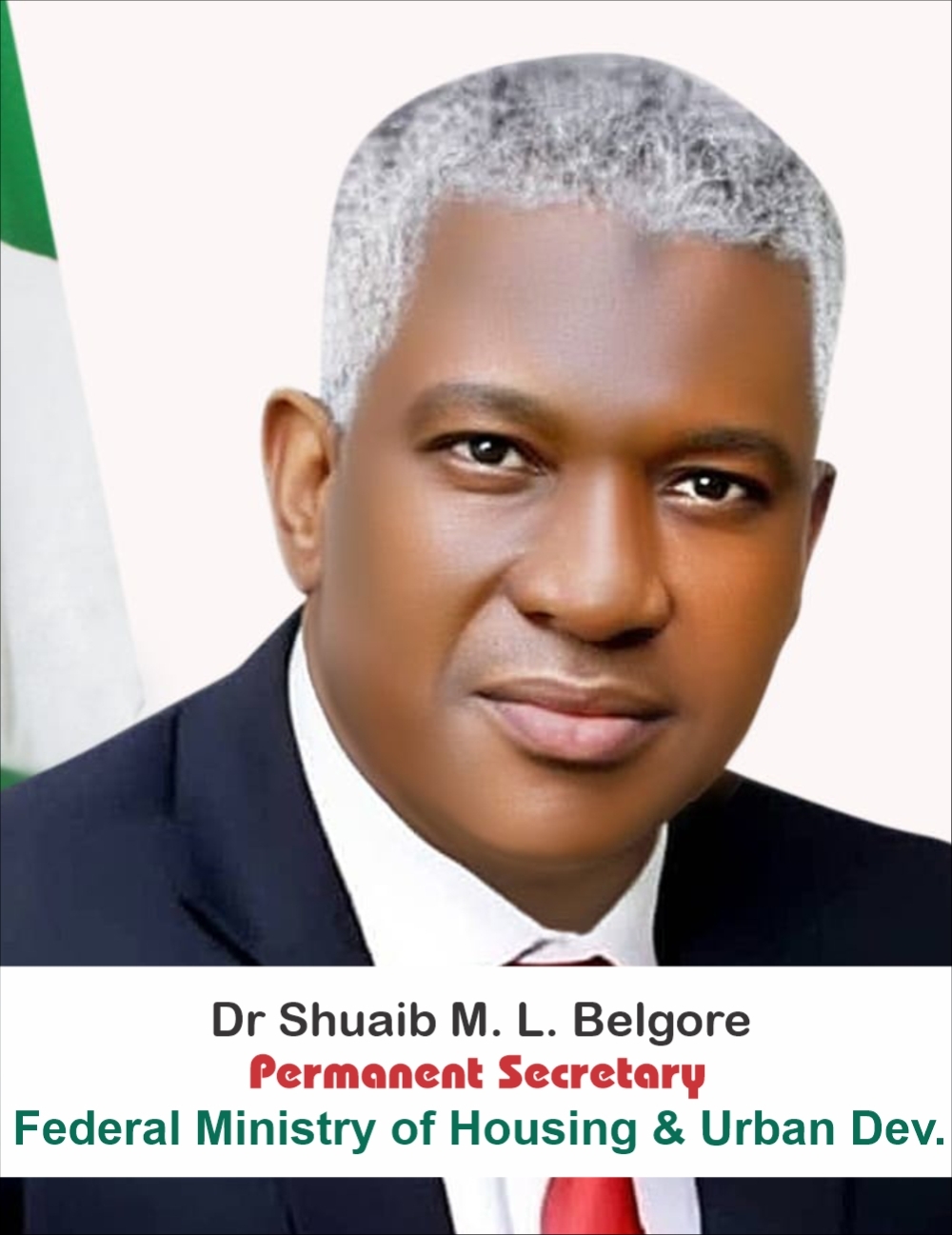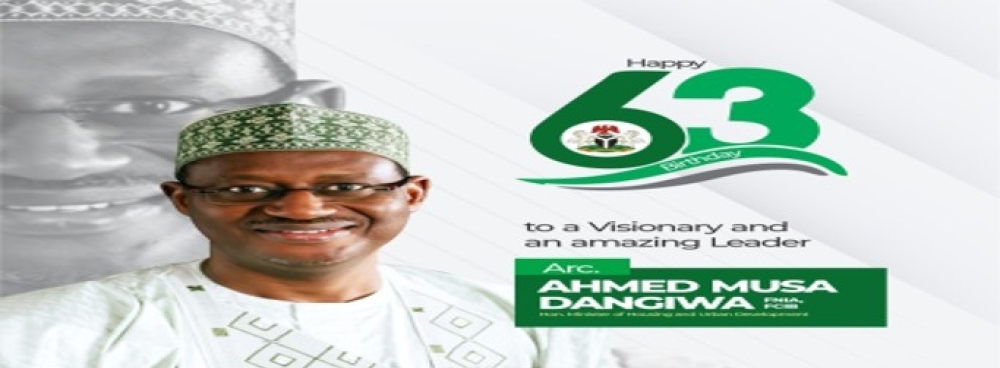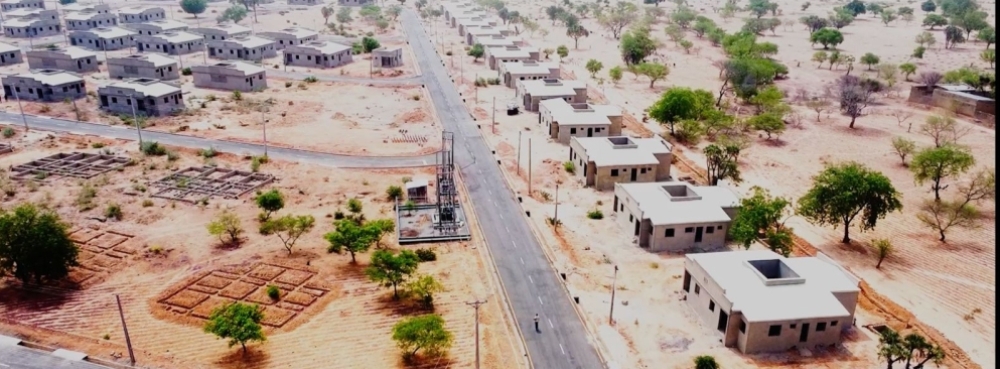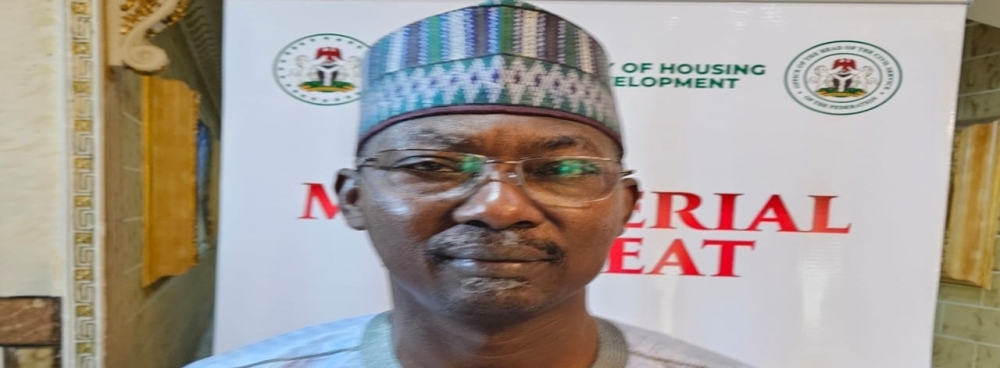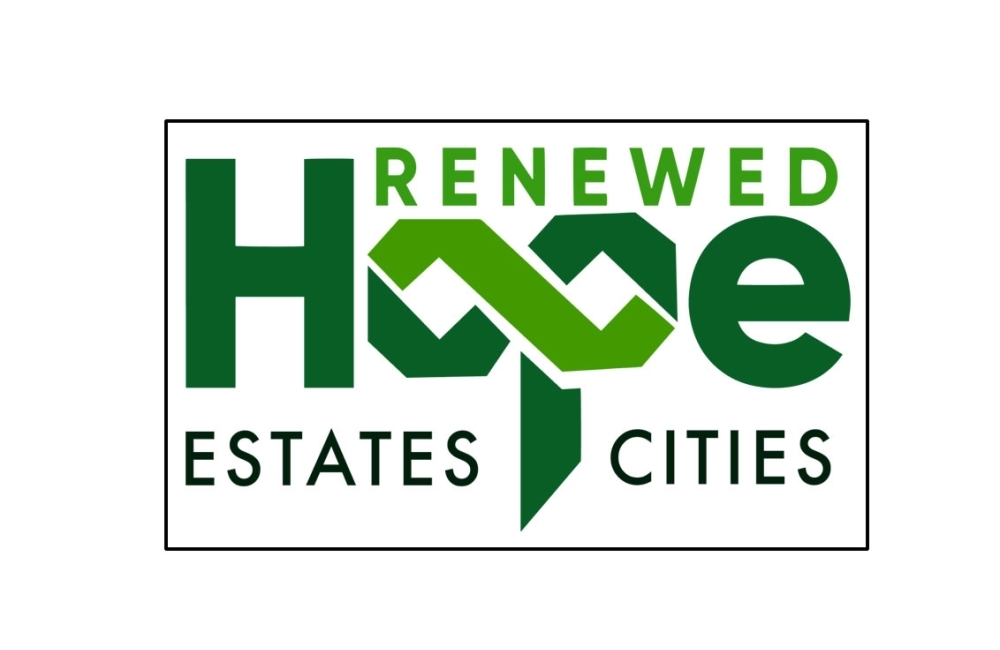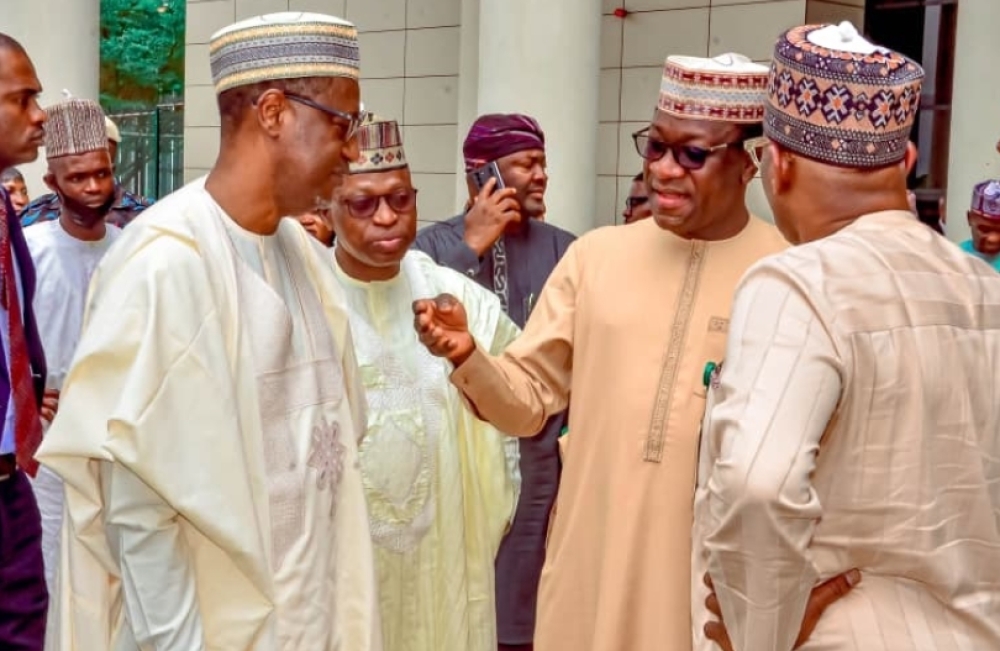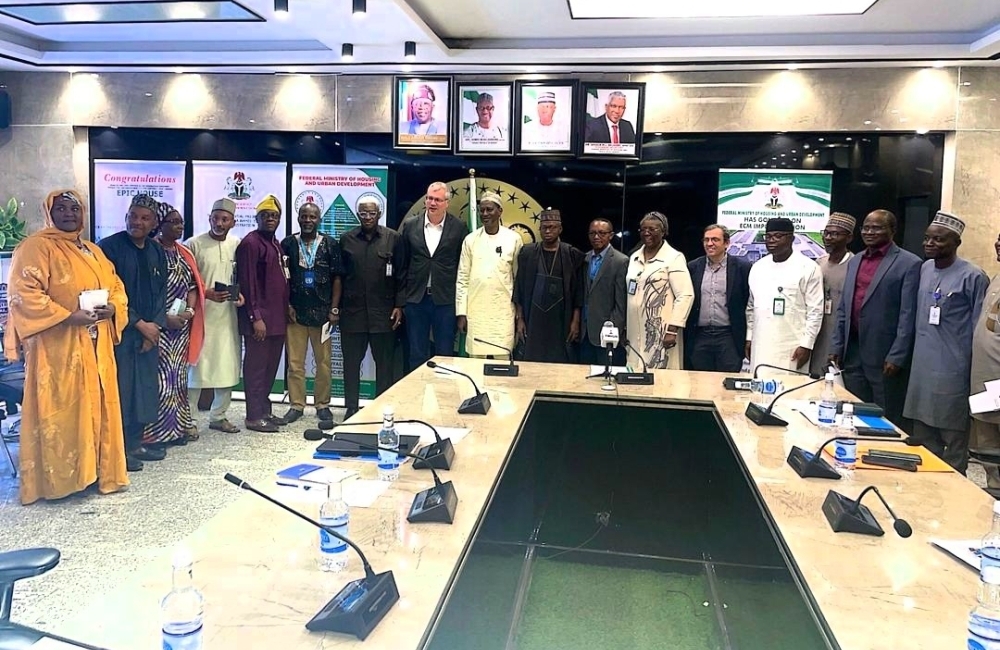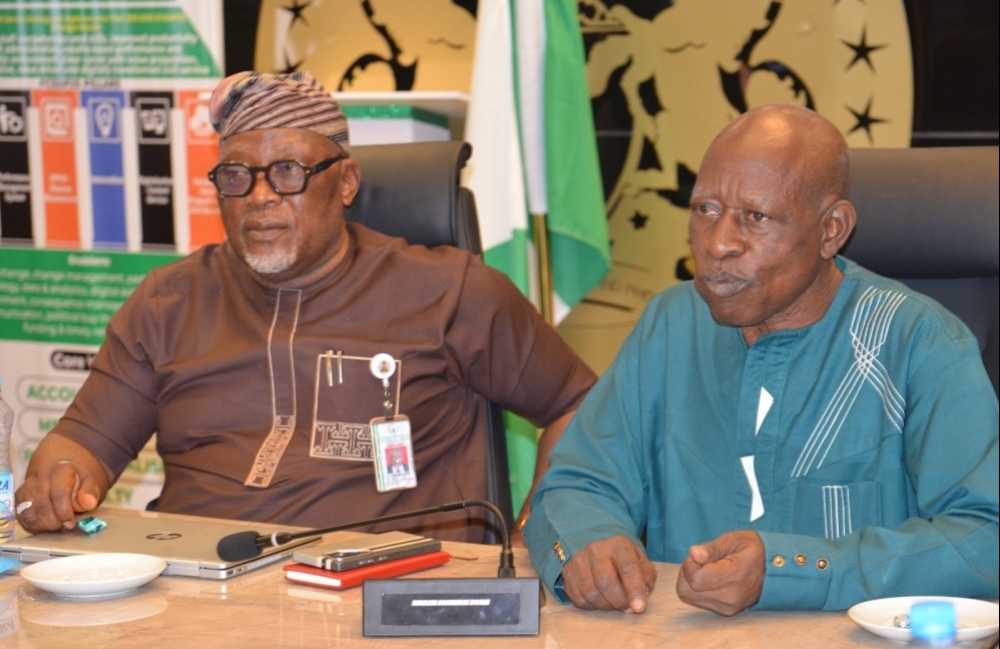
Housing Ministry Holds Pre - retirement Training for Officers
Retirement, a redirection of wealth of experience - Belgore
The Permanent Secretary, Ministry of Housing and Urban Development, Dr. Shuaib Belgore has described retirement as a redirection of wealth of experience into new and meaningful ventures rather than a withdrawal from productivity.
Belgore spoke during the opening ceremony of a two-day Staff Pre-Retirement Training organized for retiring officers of the Ministry, at the Conference Room of the Ministry.
The Permanent Secretary was represented by the Director department of Human Resource Management, Ademola Ayodele.
He described the event as a significant milestone marking not just the end of a career in public service, but the beginning of a new chapter filled with opportunities, growth, and renewed purpose.
Welcoming distinguished participants, facilitators, and the retiring officers on behalf of the Honourable Minister, the Permanent Secretary noted that the training programme was specially organized to equip participants with the knowledge, practical skills, and mindset required to transition successfully from active service into retirement.
He sincerely acknowledged the years of commitment, professionalism, and invaluable contributions of the retiring officers to the growth and transformation of the Ministry; “Your service has helped shape policies, projects, and programs that continue to impact communities across our nation”, he added.
Dr. Belgore urged participants to actively engage in the sessions, ask questions, share experiences, and take full advantage of the resource persons assembled for the programme.
“I wish everyone of you a productive and rewarding training session, as well as a fulfilling and prosperous life beyond active service”, He said.
In his welcome address, the director department of Human Resource Management, Ayodele Ademola, informed that the program would cover key areas such as financial planning, health and wellness, psychological readiness, and entrepreneurship, among others.
He encouraged the participants to actively, ask questions, and share experiences as the platform was designed for their benefit.
Mr. Ademola further thanked the participants for their service, sacrifices, and unwavering commitment, expressing gratitude to the facilitators for making themselves available for the training.
The training featured interactive sessions where facilitators delivered presentations and provided practical insights on key areas essential for post-service success.
In a presentation titled “Perspectives in Retirement,” the first facilitator, Mr. Fashina Kayode, urged participants to identify and develop their innate skills as a foundation for a productive retirement. He emphasised that carefully harnessed skills can enhance financial stability and long-term sustainability.
Fashina outlined four pillars of retirement to include; Financial Security, Health and Wellness, Purpose and Engagement, Social Connection.
Highlighting common challenges such as financial uncertainty, health concerns, social isolation, and difficulty adjusting to a less structured lifestyle, he noted that adherence to these pillars would enable retirees to enjoy a meaningful and rewarding post-service life.
Another facilitator, Mr. Francis Olorunfemi, delivered a lecture titled “Retirement in the public service: The uncertainties, the fears and the need for future plans”, where He focused on the theme of uncertainty, explaining that it is a natural part of retirement and may arise in areas such as business ventures, pension administration, and personal relationships.
He stressed the importance of cultivating a positive mindset, noting that resilience and adaptability are crucial to maintaining a healthy and fulfilling retirement.
While encouraging participants to establish viable businesses, he advised them to invest only in ventures they understand and can personally supervise, warning that lack of oversight often leads to financial loss.
On health and wellness of retirees, a medical facilitator Mr. Adeose P. J, urged participants to adopt routine medical check-ups, maintain physical fitness through daily exercise and stretching, and develop financial plans to address potential health challenges.
He further emphasised the importance of mental health in retirement, recommending engagement in hobbies, continuous learning, volunteering, and social activities as essential strategies for maintaining psychological well-being.
Also in his contribution, Director of the department of Finance and Accounts, Mr. Peter Osondu, advocated for reforms within the civil service, particularly in strengthening remuneration packages beyond their current levels.
Osondu stressed that no amount of training can fully offset financial limitations if post-retirement earnings remain insufficient, underscoring the need for broader structural improvements to enhance retirees’ financial security.
Close









